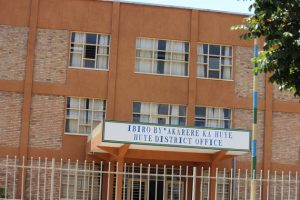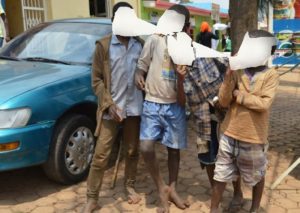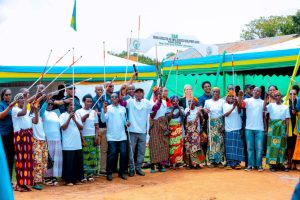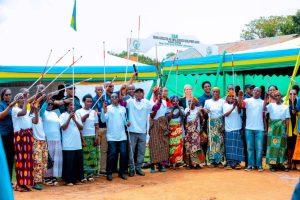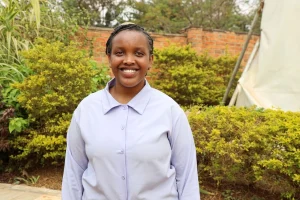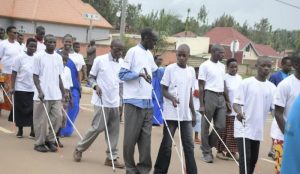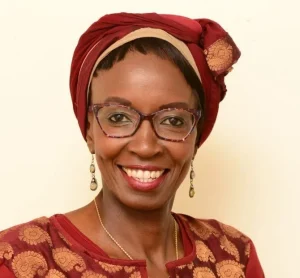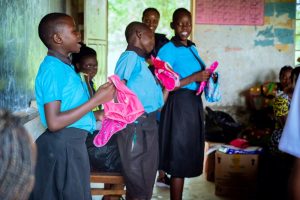DMOs Pledge Stronger Action for Blind and Partially Sighted Persons
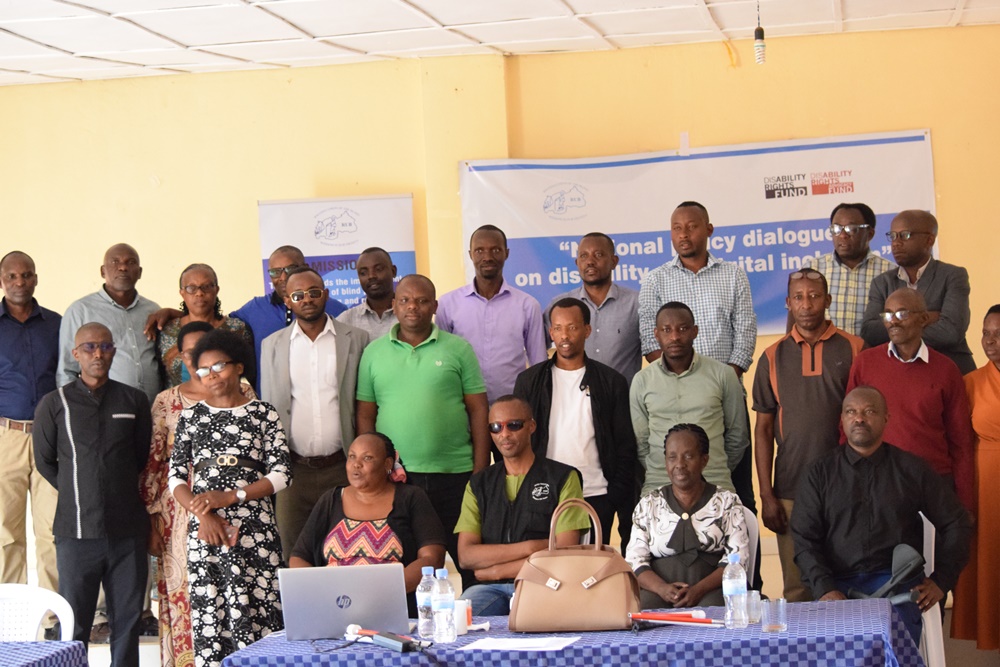
Disability Mainstreaming Officers (DMOs) from across Rwanda have pledged to strengthen support for blind and partially sighted persons in their respective districts, following a national policy dialogue held Friday at the Masaka Resource Centre for the Blind (MRCB).
The one-day dialogue, organized by the National Council of Persons with Disabilities (NCPD) in partnership with the Rwanda Union of the Blind (RUB), aimed to enhance local leaders’ understanding and commitment toward inclusive governance, with a special focus on people with visual impairments.
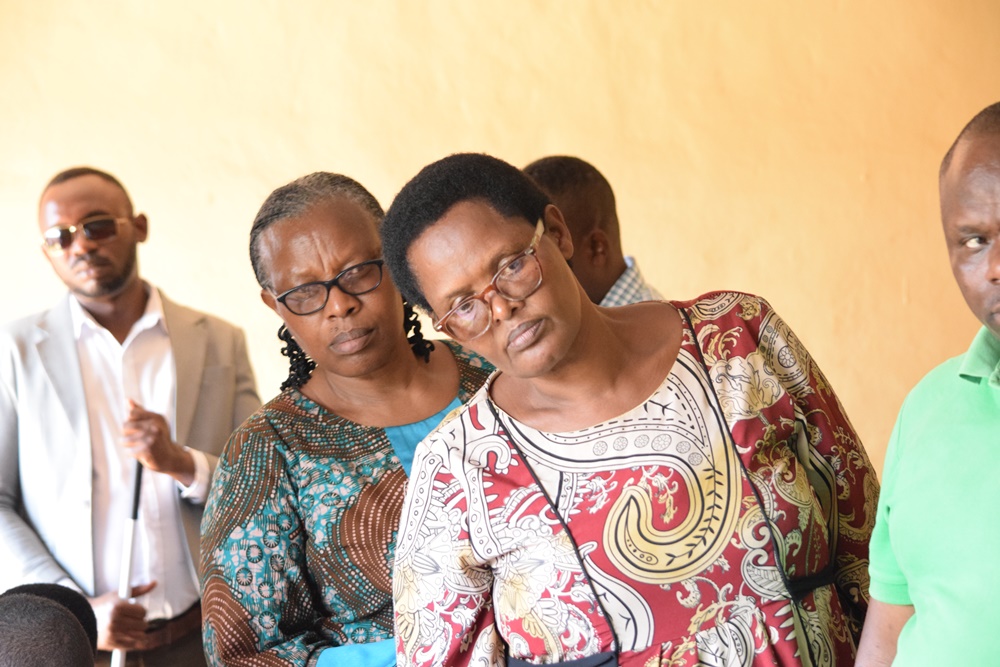
Speaking after the discussions and practical demonstrations at MRCB, Eugenie MUKAMUKESHA, DMO in Rulindo District, said the event challenged long-held misconceptions about the capabilities of people with visual impairments.
“This dialogue reminded me again that even a person with a disability is capable, especially a person with a visual impairment,” Mukamukesha said.
“In Rulindo, I am going to identify all those with visual impairments, gather accurate statistics, and meet them directly. I will share with them the examples I have seen here at Masaka and ensure our district works closely with this center.”
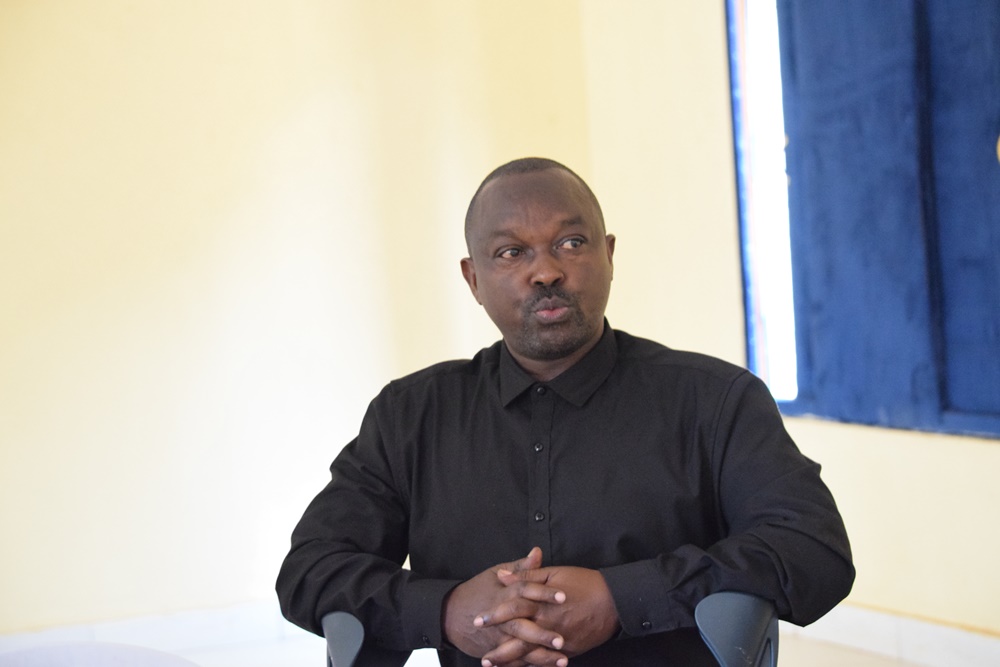
Similarly, Esron UWITONZE, DMO in Musanze District, underscored the urgent need for assistive devices such as orbit readers and Braille machines, which remain out of reach for many. He said the dialogue inspired him to push for practical solutions, particularly through vocational training.
“We saw blind people farming, knitting balls, and engaging in different jobs. It opened our eyes. For Musanze, I will prioritize training young people with visual impairments in skills such as ball knitting and support them to form cooperatives so they can earn a livelihood and create jobs,” Uwitonze said.
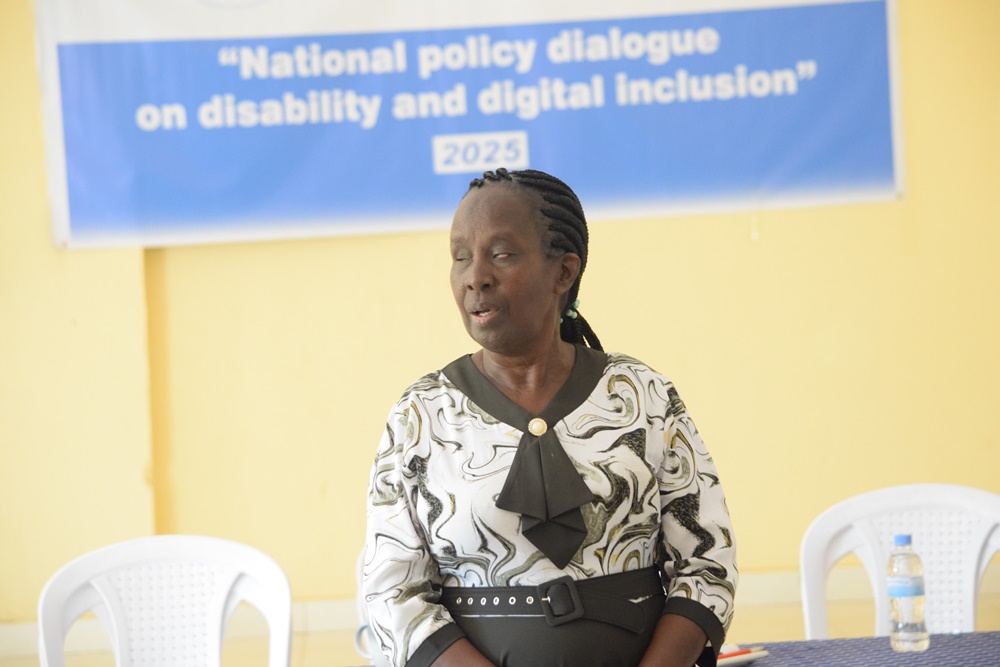
For Dr. Beth Nasiforo MUKARWEGO, Chairperson of RUB, the dialogue was part of ongoing advocacy to ensure that blind and partially sighted persons are not left behind in national development. She called on districts to set aside dedicated funds for children and adults with visual impairments.
“People with disabilities have the ability to go to school, to work, and to earn a living if given the right opportunity,” Dr. MUKARWEGO said.
“We recommend that districts support young children with visual impairments to access education through tools like Braille machines, the Perkins Braille machine, the slate and stylus, and laptops with voice technology, and for older persons, to provide training in income-generating activities such as soap-making, farming, and massage.”
She further revealed that RUB will work with at least two districts in each province to make their websites accessible to blind users, allowing them equal access to information.
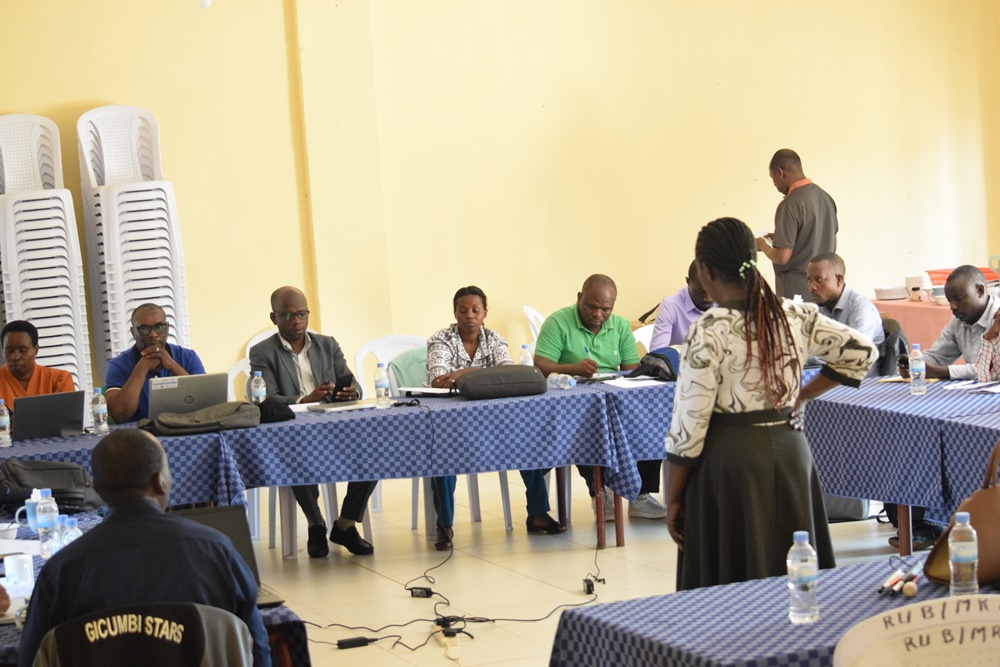
She said, “Today we have made a decision to at least try with two districts in each province. We shall try to visit them so that we can make sure that their websites are accessible because we would like blind people to have a chance of using the assistive devices that can support them in their everyday work or even support them in their education. So we’d like to talk to the ITs of the districts to make sure that their websites are accessible to people who are blind because they also need to get information that they want to get within their own districts.”
The national policy dialogue brought together Disability Mainstreaming Officers from all districts along with the leadership of the Rwanda Union of the Blind, creating a platform to exchange best practices and reaffirm their responsibility to advance disability inclusion in district development plans.
The commitments made, observers say, mark a step forward in Rwanda’s pursuit of inclusive governance and equal opportunity for all citizens.
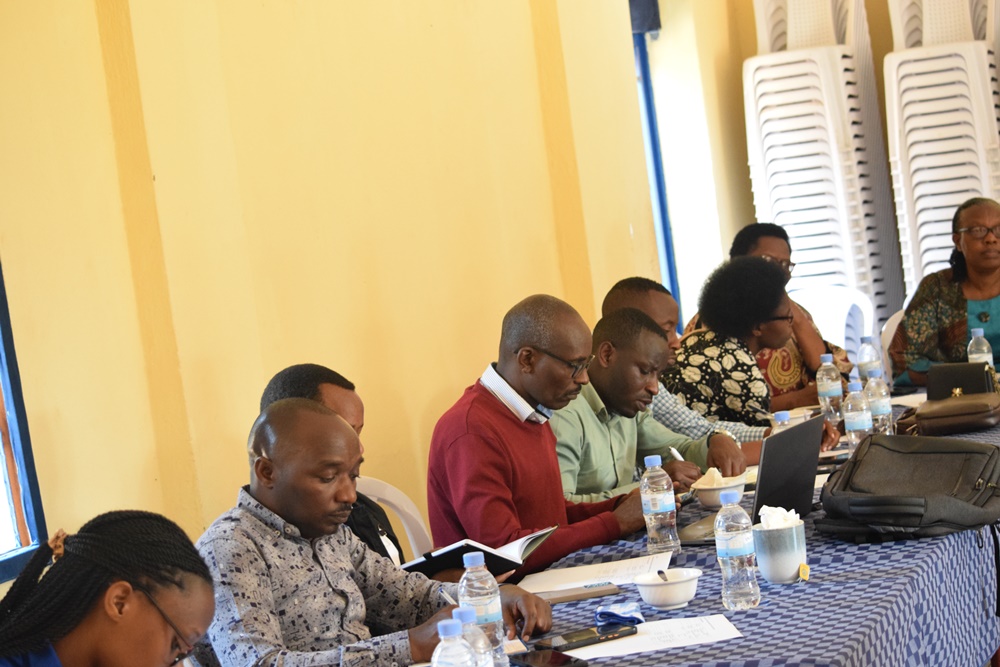
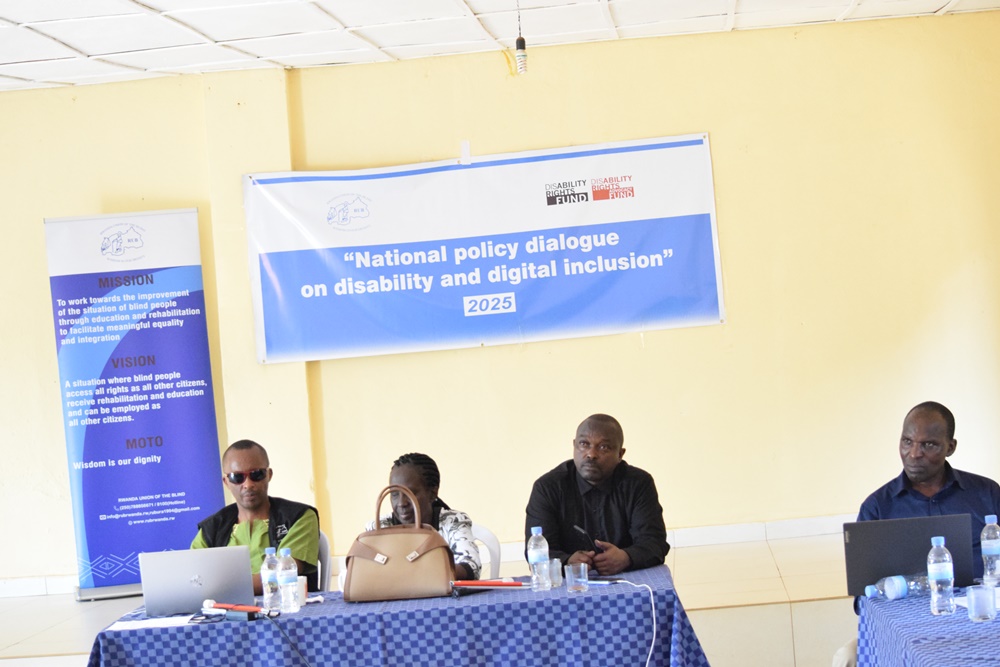
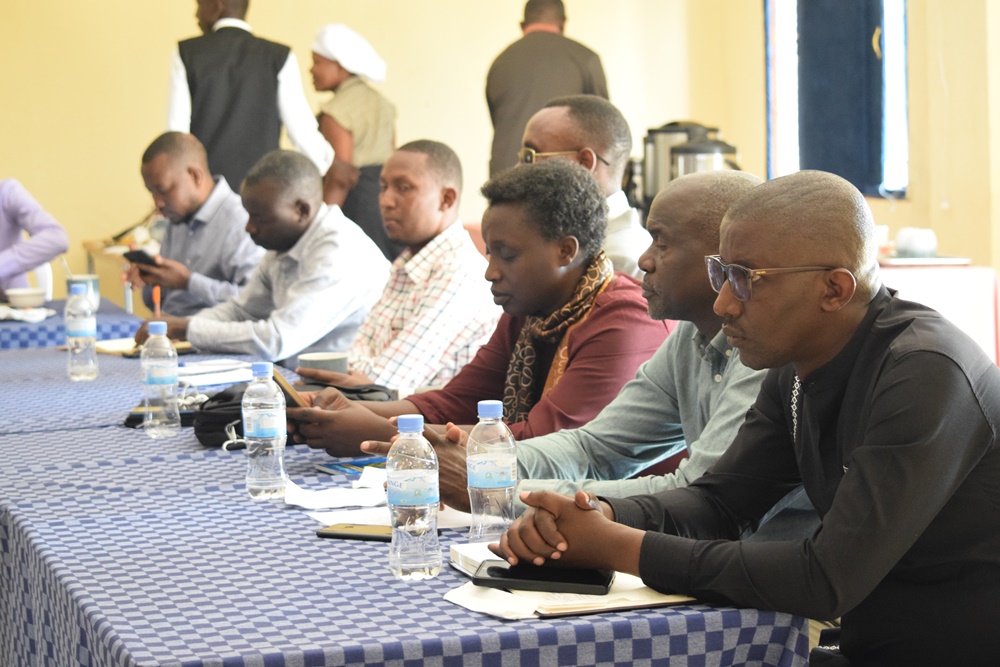
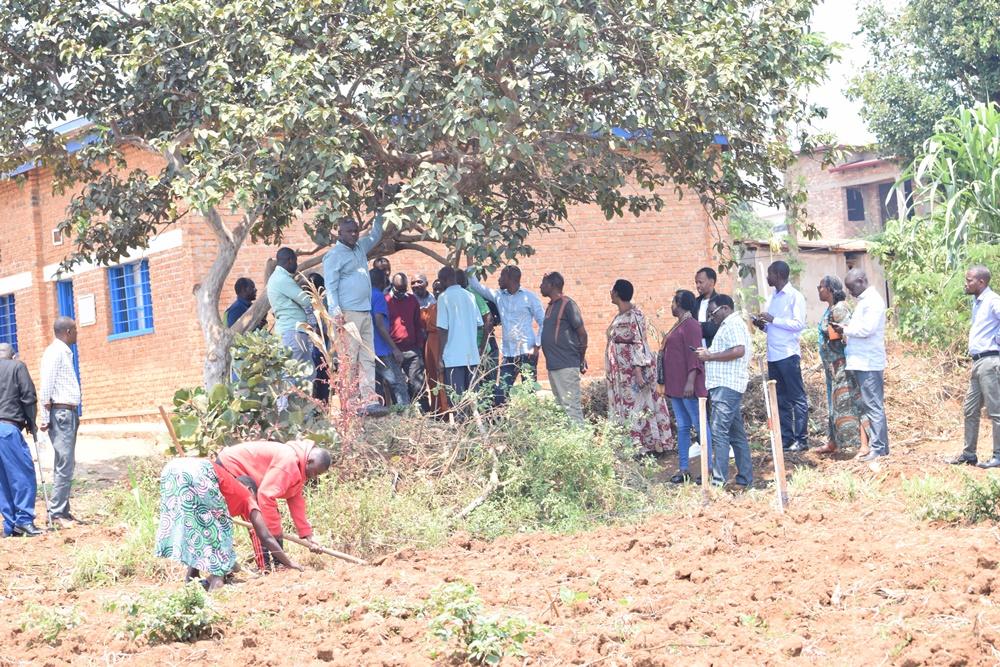
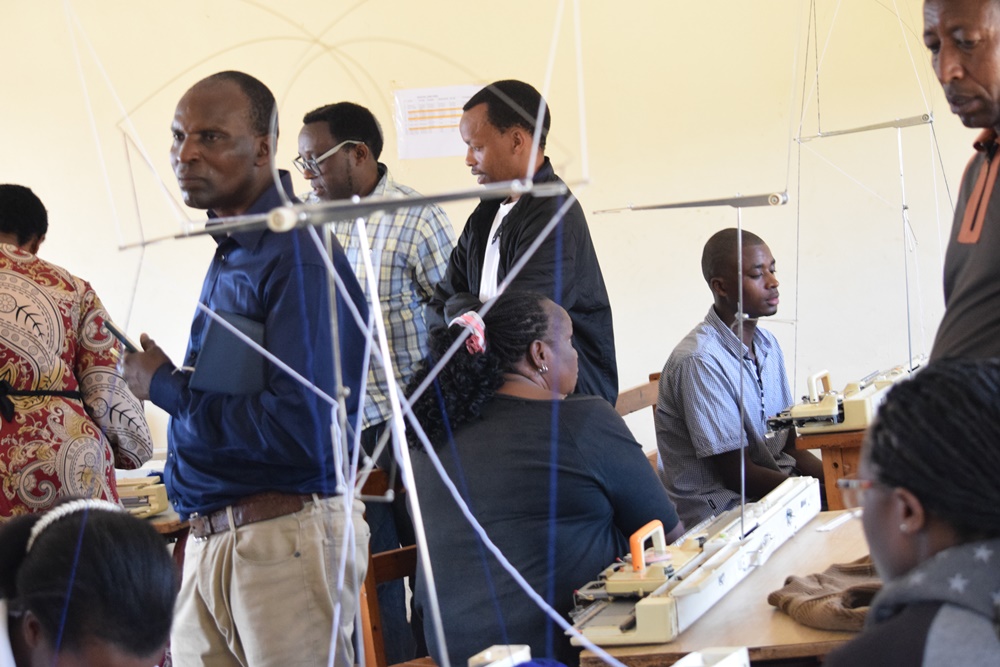
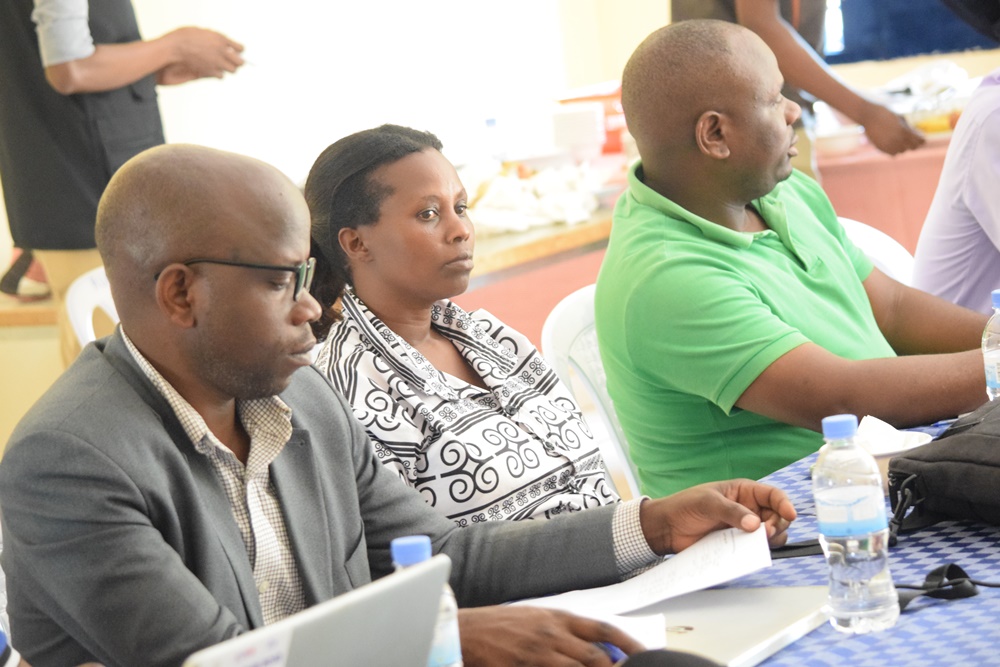
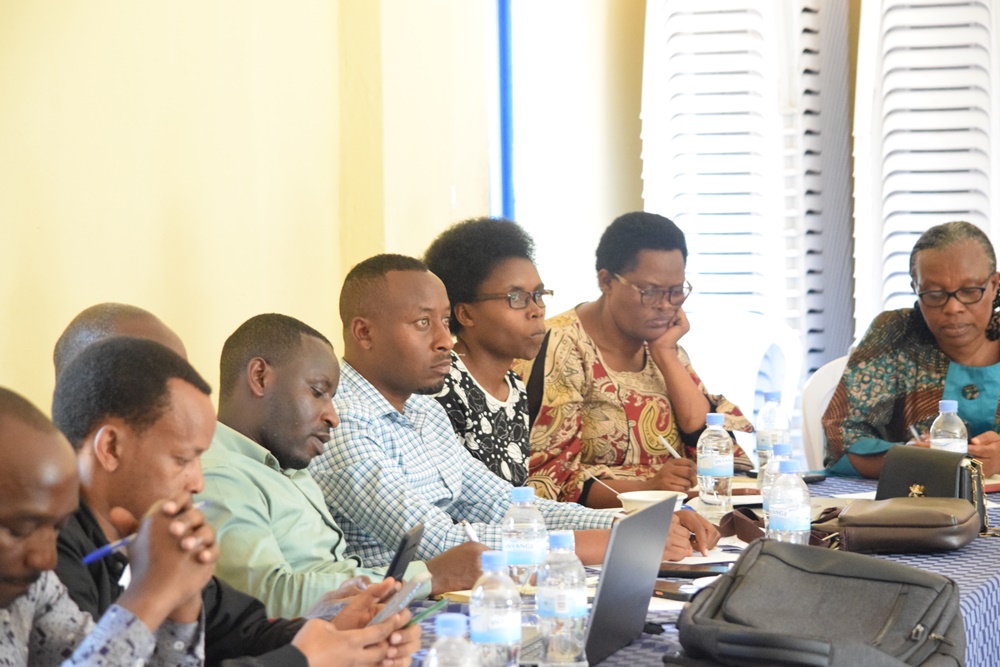
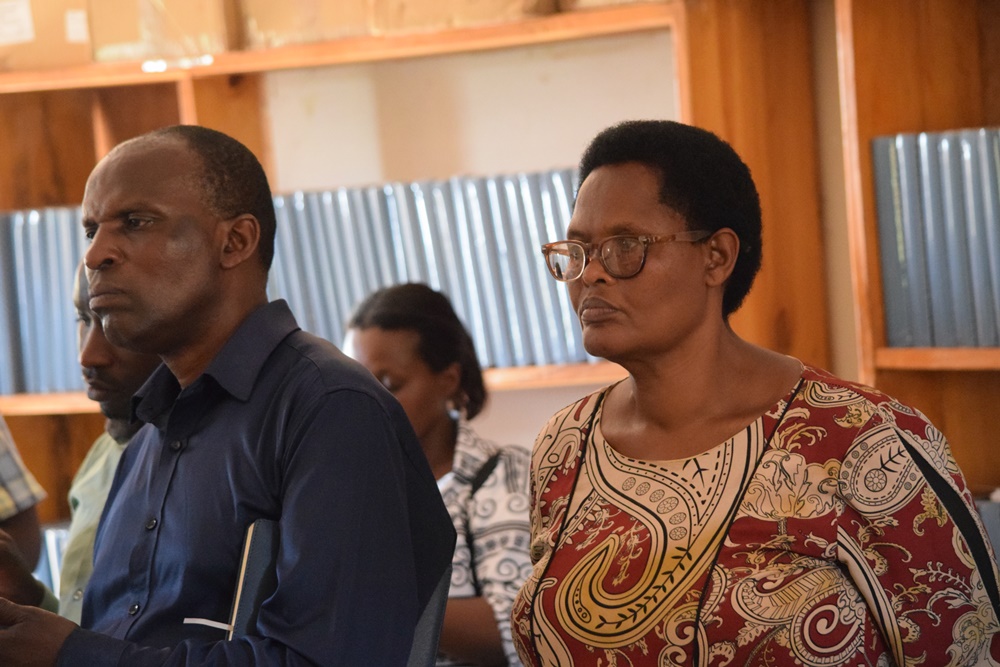

SUBSCRIBE TO OUR NEWSLETTER

